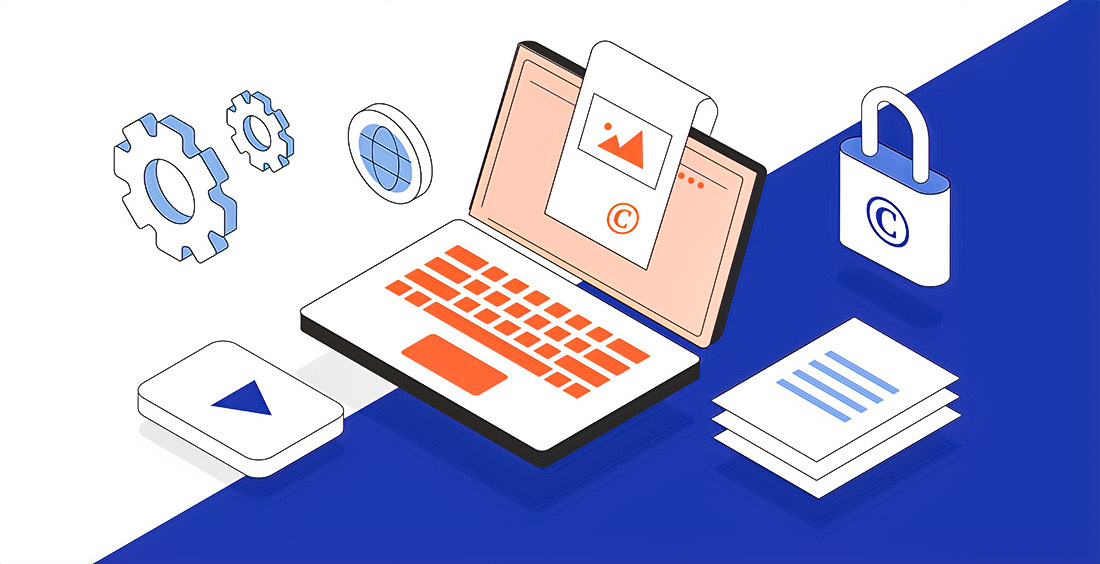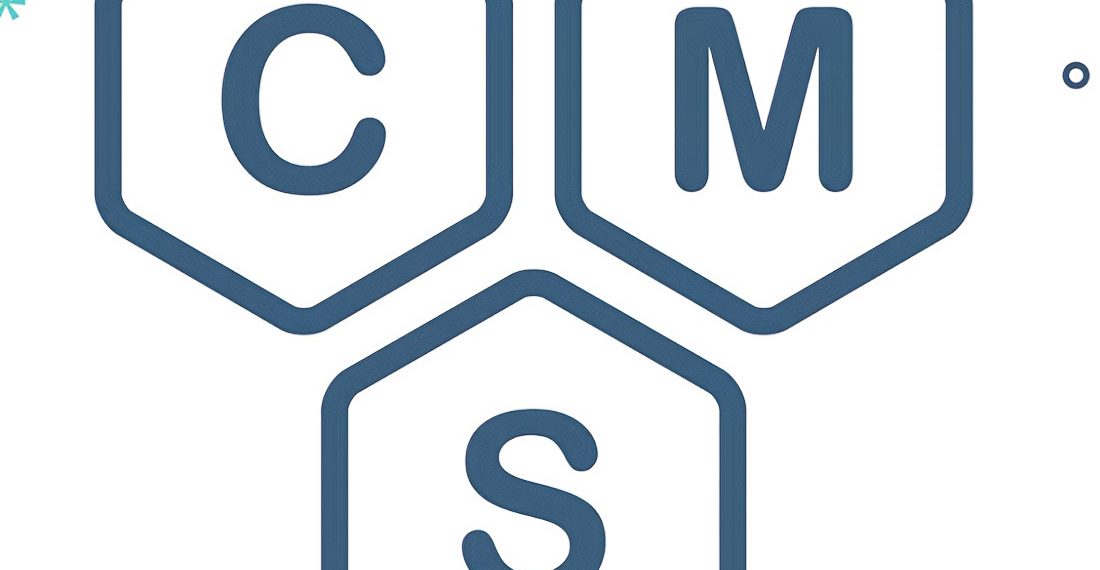At Dubai’s international airports and tourist centers, multi-language self-service kiosks as part of the queue system software have become a key element in improving the passenger experience. They help to cope with the international flow of people and ensure efficient service.
1. Managing Passenger Flows During Peak Hours

Dubai International Airport handled more than 92 million passengers in 2024, becoming one of the busiest airports in the world. In such conditions, classic queues generate congestion and stress. The introduction of queue system software with multilingual kiosks allows passengers to independently receive their electronic ticket in the desired language, reduce waiting time and reduce queue density
2. Languages and Cultures Support

In an international environment, the support for English, Arabic, Russian, Chinese, and other languages is an important feature of the south kiosks. Passengers can select the language adopted to them during the check-in process; it will reduce errors, enhance participation, and increase comfort during the process.
3. Integration with Airport Systems

Modern queue system software integrates with systems of passport control, airline, and security. Hence, it automatically calls passengers and informs them that those of priority categories (for example, business class, handicapped passengers) are also controlled with the flow of biometric data or QR coupons. This results in minimizing the number of queues and increasing service speeds.
4. Increase Satisfaction and Reduce Stress
IATA research has shown that the use of multilingual kiosks at airports reduces waiting times by 30-40% during rush hours. Thanks to clear instructions and an interface in their native language, passengers are less nervous and make fewer mistakes — this increases satisfaction and reduces the likelihood of missing a flight.
5. Efficiency for Staff and Operational Flexibility
The system allows staff to focus on complex tasks rather than issuing coupons and explanations. Combined with real‑time analytics and live dashboards, queue system software helps manage workload, reallocate employees, and optimize service based on demand.
The Real Benefits of Implementation:
- Reducing waiting time for passengers
- Automatic prioritization
- Absence of language barriers, accessibility
- Increased transparency — passengers can see their turn and the expected time.
- Optimizing resources and reducing personnel costs
Conclusion
Using multilingual ticket machines as part of the queue system software at Dubai’s international airports and travel hubs is a strategic decision. It provides:
- comfort for passengers of different nationalities
- airport and staff work efficiency,
- increase throughput and reduce conflicts.
This approach helps to maintain Dubai’s reputation as a global international transport hub and meet the expectations of millions of international passengers.
Skydiver, audiophil. Working at the junction of aesthetics and purpose to create strong, lasting and remarkable design. I’m fueled by craft beer, hip-hop and tortilla chips.
